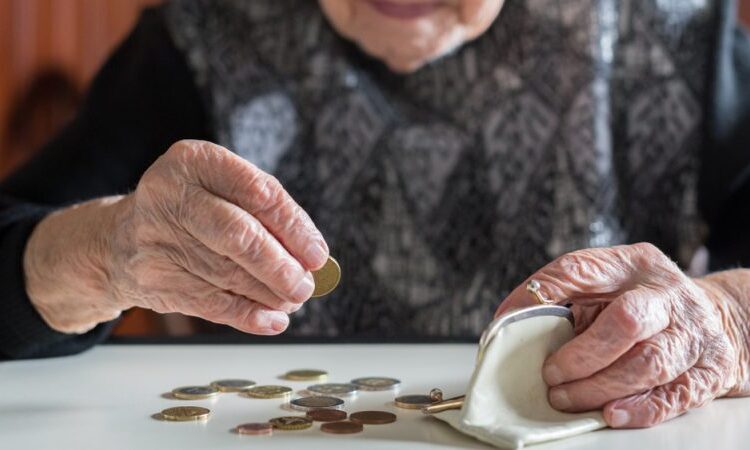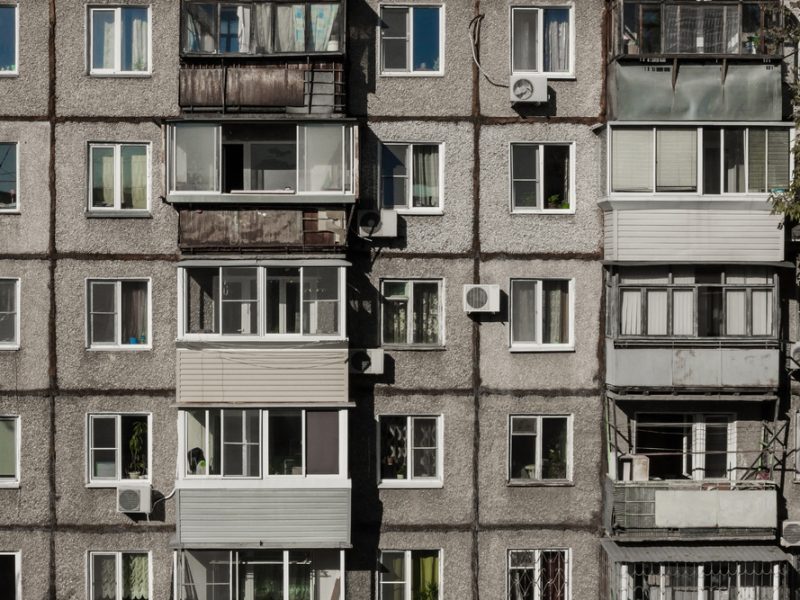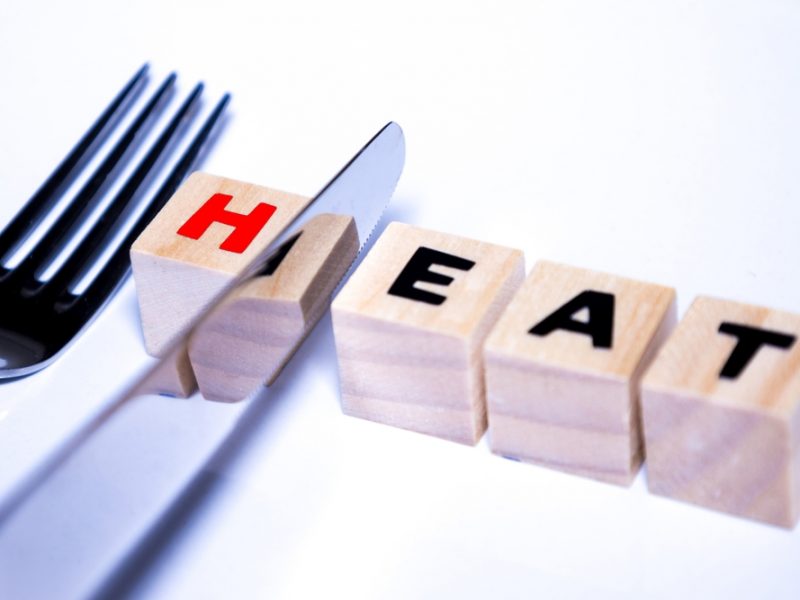
Millions of Europeans are depriving themselves of essential goods such as healthcare and food for financial reasons, the results of a new survey published by Ipsos and French charity Secours Populaire announced on Wednesday (6 September).
Read the original French article here.
Nearly one in three Europeans (29%) say they live in precarious conditions, despite annual inflation in the eurozone falling to 5.5% from 6.1% six months ago, according to the latest survey by Secours Populaire and Ipsos.
“Across Europe, the situation is very worrying, even if inflation has slowed in 2023. Widespread deprivation is emerging among the middle classes,” says the press release.
The respondents come from 10 European countries: France, Greece, Moldova, the UK, Portugal, Romania, Serbia, Italy, Poland and Germany.
More than one in two Europeans (51%) from those countries found themselves in deprivation from health, heating and/or food in the last six months, the survey adds.
When it comes to health, more than a third of Europeans say they have gone without medical care because they could not afford it or because they were trying to save money.
“The health issue is similar to the food issue: people are giving up what’s essential, and this is a very worrying indicator,” warned Sébastien Thollot, national secretary of Secours Populaire, in an interview with EURACTIV.
However, the figure on access to health varies from country to country: 41% of Romanians, Serbs and Poles are concerned, compared to 22% of Britons and 21% of Germans. France and Italy (37%) and Greece and Portugal (36%) have similar percentages.
Children are also affected with 36% of parents unable to meet basic needs such as food, school fees, healthcare or clothing.
Greece and Moldova
While the problems associated with insecurity affect all countries surveyed, regardless of wealth or GDP, the situation is particularly worrying in Greece and in an EU candidate country Moldova, said Secours Populaire’s Thollot.
Almost half of Greeks and Moldovans feel they live in particularly worrying financial and material conditions.
To meet their needs, 60% of Greeks and 70% of Moldovans rely on friends and family to lend or give them money.
In addition, 75% of Greeks and 67% of Moldovans cut back on travel to save on transport costs.
“Before the war in Ukraine, the standard of living in Moldova was already very low,” said Thollot.
“As for Greece, the 2008 crisis had a major impact on its economy,” he added.
A possible EU plan of action?
France is also among the countries affected by the wave of uncertainty currently sweeping Europe.
According to the survey, 58% of French people fear falling into poverty in the short term, and 45% find paying for certain medical procedures difficult.
In response to his growing scourge, French Solidarity and Family Minister Aurore Bergé announced €156 million in funding for food aid associations on Tuesday (5 September).
“Inflation mainly affects the most vulnerable, low-income families, students, the elderly and our children,” said Bergé in a press release. “We are at their side to fight precariousness and support the associations that help them daily,” she added.
However, according to Thollot, political responsibility is both “national” and “European”.
As such, the Secours Populaire charity said it would like to see the contours of an EU action plan similar to the €47.5 billion REACT-EU programme set up to tackle the social and economic damage caused by the pandemic.
“We need a strong political response from the EU,” Secours Populaire added.
Although the overall results are not very optimistic, the study ends with a hopeful indicator: Despite the difficulties, 76% of Europeans are prepared to get personally involved in helping the most disadvantaged.
[Edited by Giedrė Peseckytė/Nathalie Weatherald]









